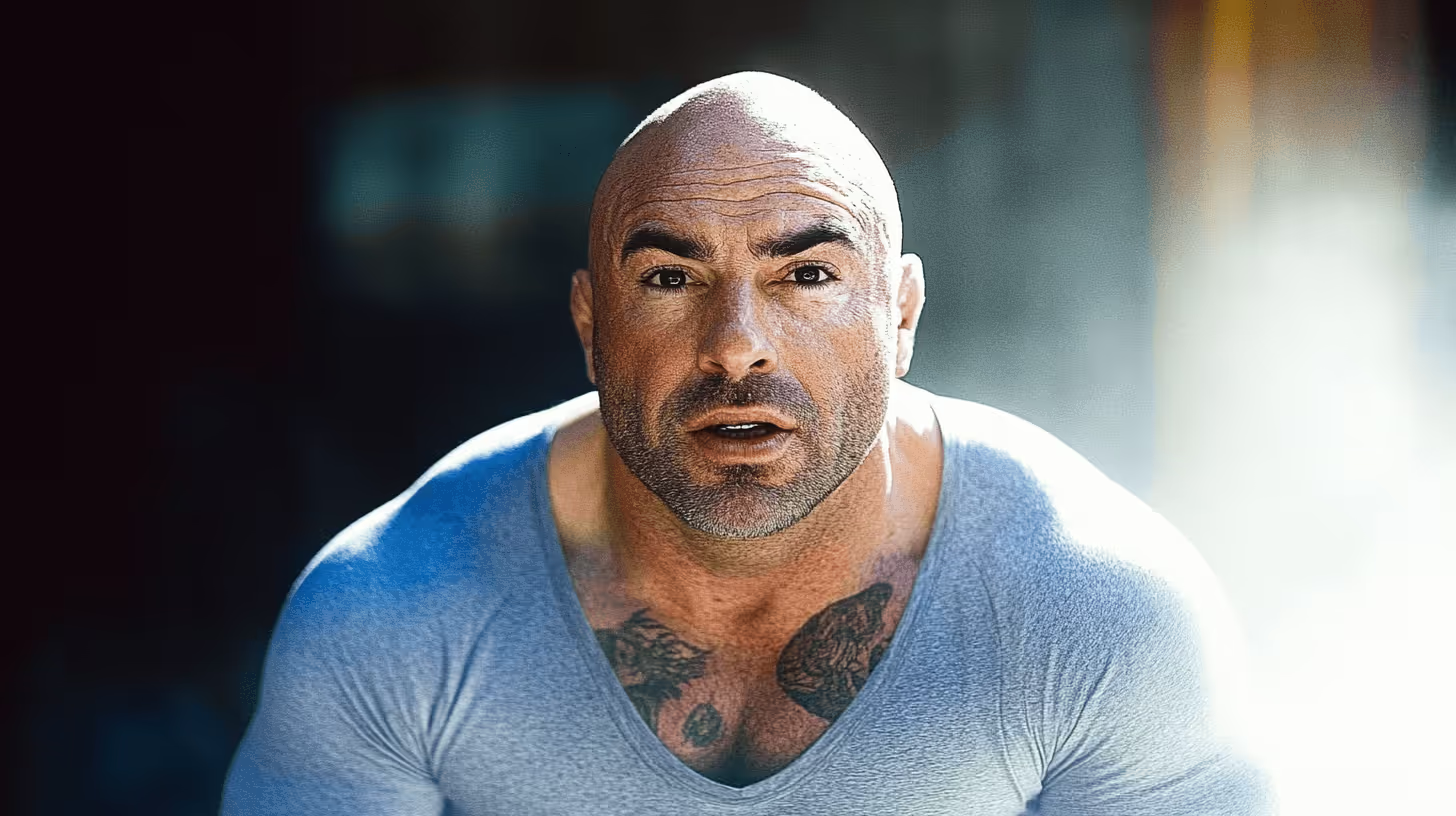Joe Rogan has played a crucial role in the rise of mixed martial arts as a sport, especially through his commentary in the UFC. His unique style and candid insights have led to many memorable moments. However, Rogan recently revealed a surprising limitation he faces during broadcasts, which impacts how he discusses the sport.
At 57 years old, Rogan is a prominent figure in combat sports, often recognized beyond his peers. Despite his significant status, he shared in an interview that he does not have full creative freedom when it comes to what he can say during UFC events. One specific topic is off-limits: discussions about competing organizations.
In a conversation with Cage Potato, Rogan stated, "They don't like it when I talk about other organizations." He recounted a time when the UFC was involved in negotiations to acquire PRIDE, a renowned MMA promotion. During that period, he was instructed to refrain from mentioning PRIDE altogether. "When they were trying to buy PRIDE, they asked me not to mention PRIDE, so I didn't," he explained.
Even though he avoided outright mentioning the organization, Rogan still referenced fighters who competed in PRIDE. He said, "I always mentioned the fighters that were competing in PRIDE." This situation was delicate; while he spoke about fighters like Antonio Rodrigo Nogueira and Fedor Emelianenko, his broadcast partner Mike Goldberg chose to remain silent. Rogan acknowledged, "It was kind of a touchy situation, because I'd be the only one talking about them." The UFC’s stance was clear: they did not want to give PRIDE any free publicity.
This unique restriction was the only directive Rogan recalled from the UFC regarding his commentary. He clarified, however, that he enjoys considerable freedom when it comes to sharing his honest opinions about fighters. "They don’t have a problem with that," Rogan noted, emphasizing that his critiques are rooted in honesty and fairness. "My criticism is totally based on honesty," he added, ensuring that his analysis is objective and never personal.
Rogan elaborated on his approach, stating, "It’s always 100% honest, like, 'What am I looking at?' If I have to assess fighters objectively based on how I believe they would perform against the elite in the division." This policy means Rogan has never faced backlash for critiquing fighters’ performances. He stated, "So no, I’ve never gotten talked to for criticizing fighters." His commitment to honesty not only builds trust with the audience but also enriches the viewing experience for fans.
In summary, Joe Rogan’s commentary in the UFC remains a vital aspect of the sport, despite the limitations placed upon him regarding rival promotions. His ability to critique fighters truthfully resonates with fans, establishing him as a well-respected voice in mixed martial arts. Understanding these nuances can give fans a deeper appreciation for the insights Rogan provides during UFC broadcasts.




